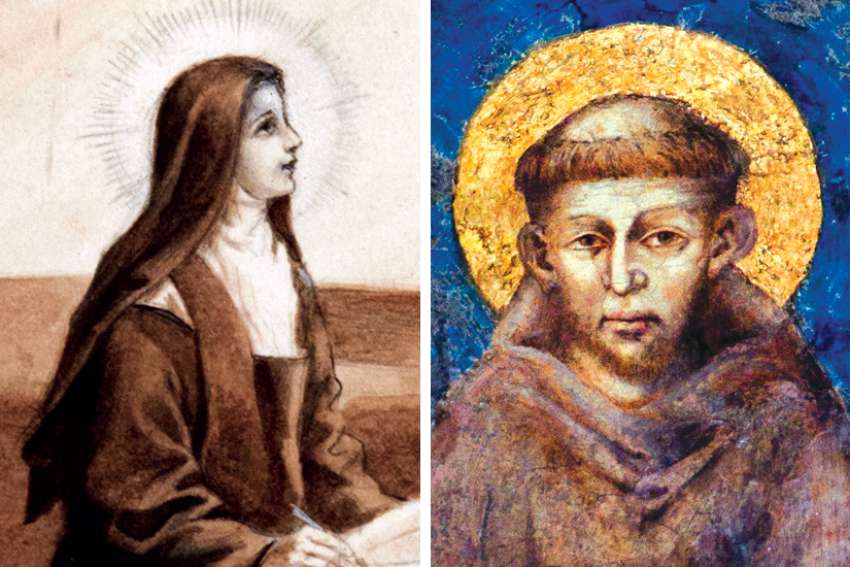My own view is that a better world is one where the common good has a higher priority than the individual good. Leaving aside for the moment the issue of what constitutes the common good, I note that there is a contrary opinion that the best state of society comes when each person is permitted to pursue their own individual “good” with the least constraint. Somehow, the sum of every individual pursuing their own personal good or desire would add up to a very high number, higher than if we sought the good of all. However, such goods cannot be weighed against each other. No measuring stick can say whether improvement has occurred.
The unrelenting pursuit of individual goods is anarchy. Some believe anarchy is a great idea and that individuals would do marvellous things if others did not get in their way. In my opinion, this is rubbish. It assumes people are innately good and that evil only emerges out of social repression by families, religious bodies and governments.
But people are not innately good. Nor are they innately bad. Instead, they have the power to choose between good and evil.
People are concerned for their own survival and are often acquisitive. When one person’s territorial desires overlap those of another, conflict may ensue. As this happens often, societal chaos is the predictable result of anarchy. Such chaos can be attributed to original sin or to “natural” human greed. Whatever the cause, humanity will not flourish without some level of social control.
So anarchy is a bad idea. So is the notion — which may be the same thing — that the exercise of unrestrained desire will create a better world. This notion is the basis of modern capitalism, and it has spurred scientific and technological progress. It has also led to exploitation, war, environmental disaster and the marginalization of those who do not contribute sufficiently to economic growth. Is capitalism better than what came before? I have no way to know for sure.
Right now, it is cold here in Edmonton. I am glad for the technological progress which has provided central heating in our home and for the prosperity which gives us, although not everyone, a high economic standard of living.
But . . . there is always a but. The world stands on a precipice created by climate change and the spectre of nuclear weapons. War is not what it once was with large numbers of men in a field clubbing and stabbing each other. Now, everyone everywhere at every time is at risk.
Would we be better off in a more regulated society? Ours is quite regulated already. Still, those who sought a perfectly just society, a dictatorship of the proletariat, had good intentions. They wanted justice. That did not turn out well either. Perfect justice required total control. Too much regulation squelched the people’s spirits. Eventually, they got fed up and overthrew their governments.
Nor is government by religious leaders a good idea. We Christians may think we have an edge up on goodness. However, there is evidence to the contrary. I need not get into details.
Christians have made things better when they eschewed the hierarchical mode in favour of grassroots initiatives. Religious orders and lay associations where believers sacrifice their own desires for the good of others have contributed to the betterment of society. Faith in God has fostered the common good.
Even there, things are not perfect. People get caught up in the ideologies of the day. Sin also reaches into the midst of even the holiest activities. If everyone were a St. Thérèse of Lisieux or St. Francis of Assisi, we could live in anarchy. That’s not the case, and the best we can do is muddle along, advocating for the rights of people on society’s margins, trying to live in love and putting our self-centred desires on hold.
In this time of existential threats to humanity, that doesn’t seem like enough. Yet the path of self-sacrificing love is the only sure way to strengthen our communities and challenge the many disorders of our time.
(Glen Argan writes his online column Epiphany at https://glenargan.substack.com.)


